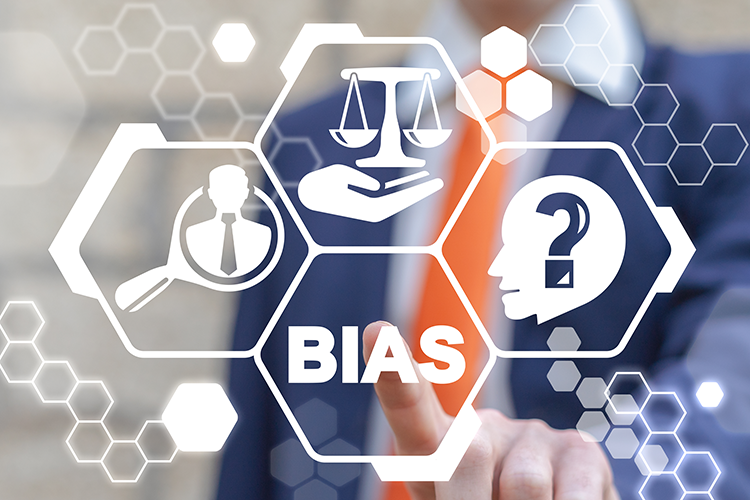Lawyers who critique critical race theory may challenge Connecticut’s anti-bias ethics rule, 2nd Circuit says

(Image from Shutterstock.)
Two lawyers who fear their comments could lead to discipline under Connecticut’s anti-bias ethics rule have standing to sue, a federal appeals court ruled Monday.
The New York-based 2nd U.S. Circuit Court of Appeals revived a First Amendment lawsuit by Mario Cerame and Timothy Moynahan, report Law360, Reuters and Law.com.
Cerame and Moynahan say they regularly speak out “in forceful terms” on issues that include the free exercise of religion and critical race theory. Those with opposing viewpoints may construe the remarks as personally derogatory or demeaning, they say.
Contemplated comments by Cerame and Moynahan “are arguably proscribed” by the Connecticut ethics rule, the appeals court said in the Dec. 9 decision by Chief Judge Debra Ann Livingston, an appointee of former President George W. Bush.
Connecticut Rule of Professional Conduct 8.4(7) took effect in 2022. It bars conduct related to the practice of law that a lawyer knows or reasonably should know is harassment or discrimination based on 15 protected characteristics. Those characteristics include race, color, ancestry, sex, religion, sexual orientation, gender identity and gender expression.
The rule defines discrimination to include “harmful verbal or physical conduct directed at an individual or individuals that manifests bias or prejudice on the basis of one or more of the protected categories.” It defines harassment to include “severe or pervasive derogatory or demeaning verbal or physical conduct.”
A “carve-out” in commentary to the ethics rule states that conduct protected under the First Amendment does not violate the rule.
While the First Amendment carve-out could make an ethics complaint more unlikely, it “is not enough to negate [the lawyers’] reasonable fear that their proposed speech” may be banned by the rule, Livingston said.
Connecticut is one of just a few jurisdictions that have adopted anti-bias rules that are “substantially similar” to Rule 8.4(g) of the ABA Model Rules of Professional Conduct, which was adopted in 2016, the appeals court said.
In their lawsuit, Cerame and Moynahan listed the kind of comments that could lead to ethics complaints in Connecticut if made by other lawyers. Examples could include a failure to use a transgender person’s preferred pronouns, using the term “gender preference” rather than “gender orientation,” telling jokes that could offend some members of protected groups, publishing cartoons that mock a religious deity, or espousing theories that socioeconomic disparities are largely due to disparities in cognition and social behaviors among racial groups.
Cerame and Moynahan are represented by the New Civil Liberties Alliance. NCLA president Mark Chenoweth commented in a press release.
The 2nd Circuit decision “gets the rules of First Amendment standing right,” Chenoweth said. “The court distinguished on two grounds the 3rd Circuit’s recent case denying standing to plaintiffs challenging a similar rule. First, Pennsylvania’s rule, unlike Connecticut’s, focuses on intentional harassment or discrimination. Second, the Pennsylvania Office of Disciplinary Counsel interpreted the rule there not to prohibit general discussion of controversial ideas and specifically blessed plaintiffs’ planned speech as not violating the rule. Not so in Connecticut, where the rule at issue is stricter.”
The Connecticut case is Cerame v. Slack.



